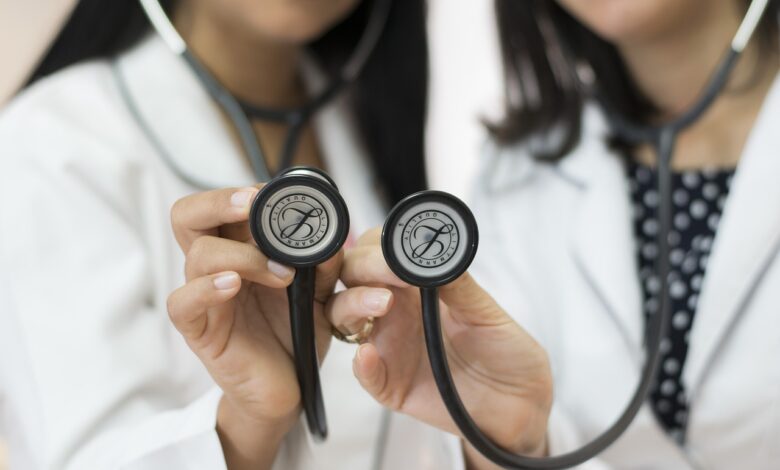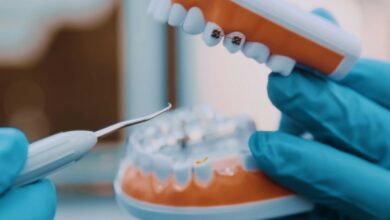Understanding Colonoscopy: Preparation, Procedure, and Recovery

A colonoscopy is a vital medical procedure used to examine the inner lining of the large intestine (colon) and rectum. It is an essential tool for diagnosing and preventing colon cancer, as well as detecting other conditions like polyps, inflammation, and ulcers. In this blog, we will demystify the colonoscopy process by discussing preparation, the procedure itself, and the recovery phase.
Preparation
Preparing for a colonoscopy is crucial to ensure that the doctor’s view of your colon is clear. A successful preparation will help identify any abnormalities accurately. Here’s what you need to know:
Diet Adjustments
A few days before the colonoscopy, you will be advised to switch to a low-fiber diet. This means avoiding foods such as whole grains, seeds, nuts, and raw vegetables. The day before the procedure, you will be required to stick to a clear liquid diet. Clear liquids include water, broth, tea, and clear juices without pulp.
Bowel Preparation
Bowel preparation is fundamental for an effective Colonoscopy Exam. You will be required to take a prescribed laxative in the form of a pill, liquid, or powder mixed with water. The laxative will help to empty your bowels by inducing bowel movements. It’s important to follow your doctor’s instructions precisely, as incomplete bowel preparation can make it hard to see colon abnormalities.
Medication Instructions
Inform your doctor about any medications you are taking, including over-the-counter drugs, supplements, and herbal remedies. You may be asked to stop taking certain medications such as blood thinners or iron supplements.
The Procedure
On the day of the colonoscopy, you will need to arrange for someone to drive you to and from the hospital or clinic. The procedure itself is relatively quick and generally painless.
Before the Procedure
Upon arrival, you will change into a hospital gown and undergo preliminary checks such as blood pressure and heart rate monitoring. You will then receive a sedative, usually administered intravenously, which will make you relaxed and drowsy but awake.
During the Procedure
A gastroenterologist will perform the colonoscopy using a long, flexible tube called a colonoscope. The colonoscope has a light and camera at its tip and is gently inserted into the rectum and advanced through the colon. The camera projects images onto a monitor, allowing the doctor to view the inside of your colon.
The colonoscope can also remove small tissue samples (biopsies) and polyps if needed. You might feel mild pressure or cramping as the colonoscope moves through your colon, but the sedative will minimize any discomfort.
After the Procedure
Once the colonoscopy is completed, you’ll be monitored in a recovery area until the effects of the sedative wear off. It mostly takes about 30 minutes to an hour. Most people feel back to normal shortly after, but it’s recommended to take the rest of the day off to rest.
Recovery
Recovery from a colonoscopy is generally swift and uncomplicated. Here are some aspects of the recovery process:
Post-Procedure Care
Following the colonoscopy, you may experience mild bloating, gas, or cramping due to air introduced into the colon during the procedure. These symptoms typically resolve within a few hours. Drinking lots of fluids and eating light, easily digestible foods will expedite your recovery.
Resuming Normal Activities
Most people can return to their regular activities the day after the procedure. However, it is advised to avoid heavy lifting, strenuous exercise, and any other vigorous activities for at least 24 hours.
Follow-Up
Your doctor will inform you about any findings from the colonoscopy and discuss if further testing or treatment is required. If tissue samples or polyps were removed, you might need a follow-up visit to discuss the results.
Potential Complications
While complications are rare, it is essential to be aware of them. These may include severe abdominal pain, fever, or significant rectal bleeding. A colonoscopy is a crucial procedure for maintaining colon health and preventing potential issues like colon cancer. Proper preparation, understanding the procedure, and knowing what to expect during recovery can make the experience as smooth as possible. If you’re scheduled for a colonoscopy exam, remember to follow your doctor’s instructions carefully, and don’t hesitate to ask questions about any part of the process.
Regular colonoscopies are an essential part of preventative healthcare, especially for those over the age of 50 or with a family history of colon cancer. By staying informed and proactive, you can ensure the health and well-being of your digestive system for years to come.



